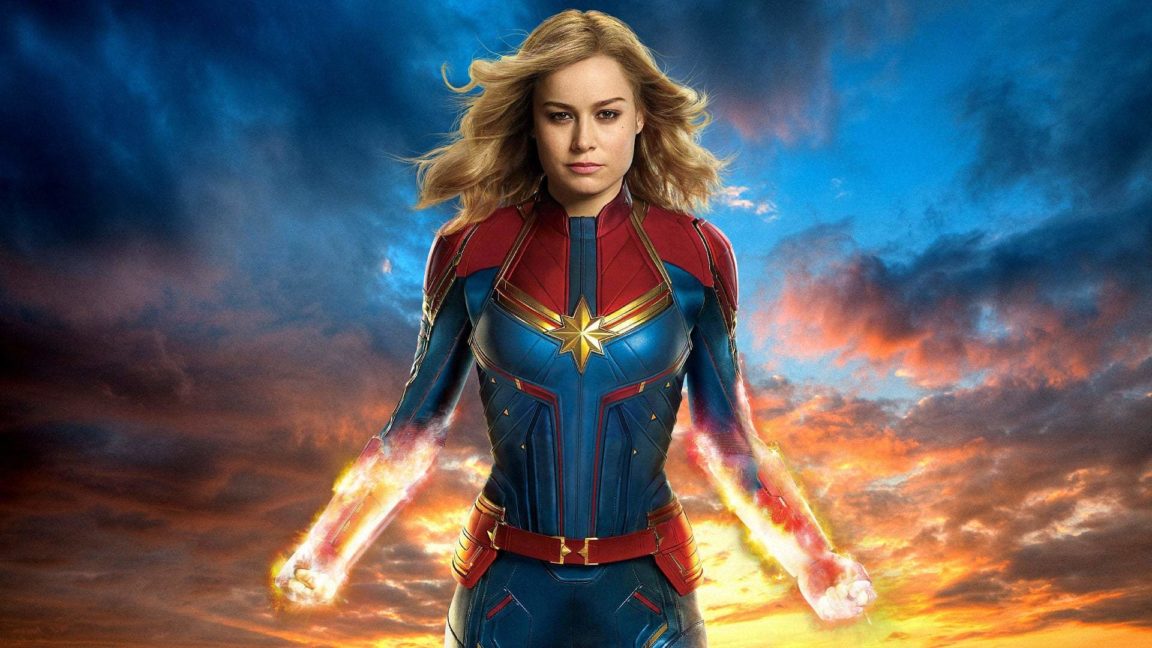As the MCU is gearing up to end Phase 3 and enter a brand new era, they’re finally releasing the long anticipated Captain Marvel. Not only is her character poised to play a pivotal role in Avengers: Endgame, but she will most likely be a central focus of the franchise going forward (especially with Brie Larsen having signed on for seven films). However, back in the early days of the MCU, a solo film with a female lead wasn’t so guaranteed. The path to Captain Marvel getting her cinematic debut was a long and arduous one.
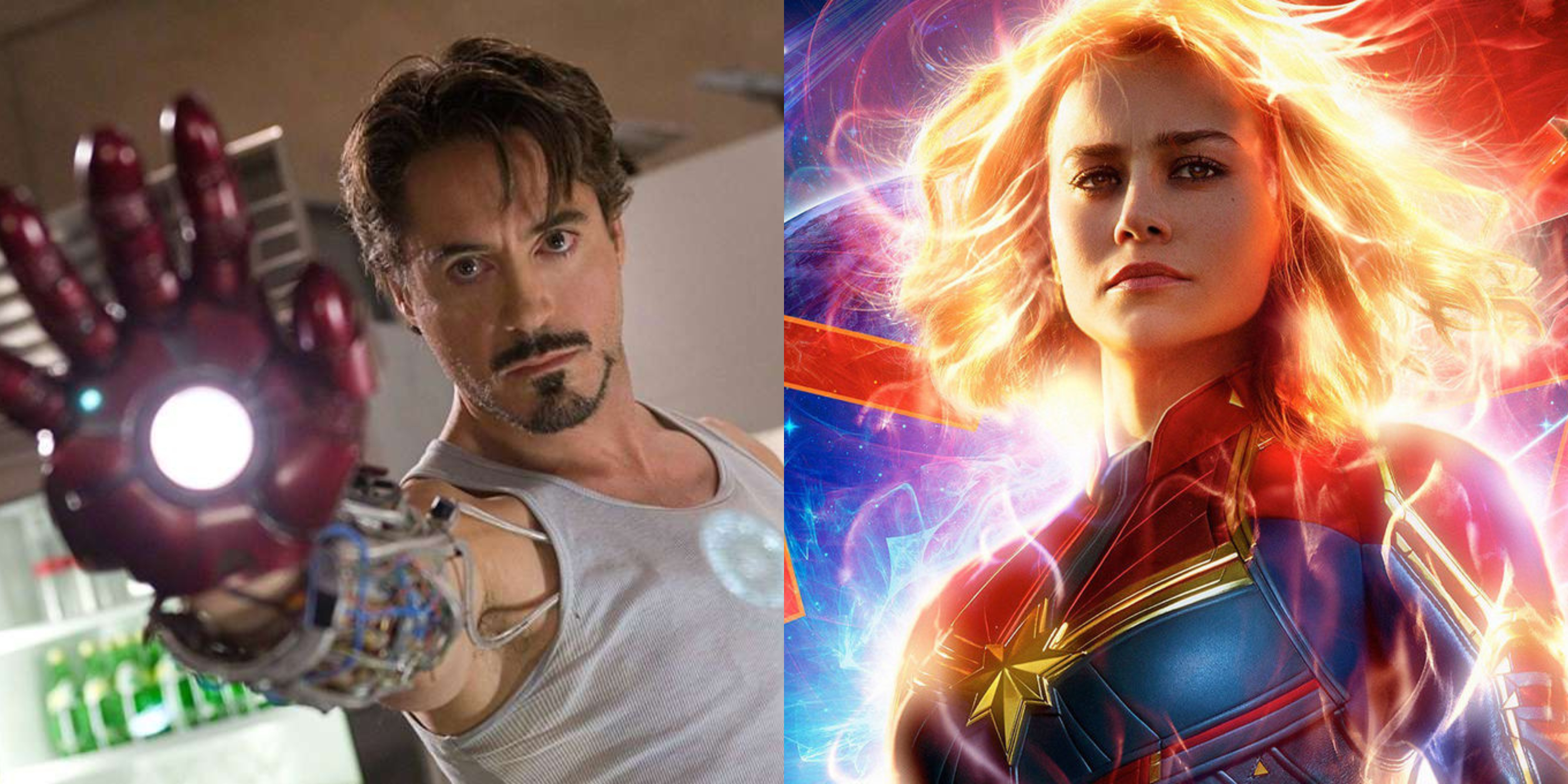
Not a First for the Genre
While Captain Marvel is hardly the first female led superhero film, neither was 2017’s Wonder Woman, despite everyone calling it groundbreaking. In reality, the latter was merely the first female led comic book adaptation that seemed to be well made and received critical and financial acclaim. Both Marvel and DC had taken missteps in that department. As far back as 1984, DC was trying to launch Supergirl into a lasting film franchise. But poor reviews and box office performance sullied all those plans.
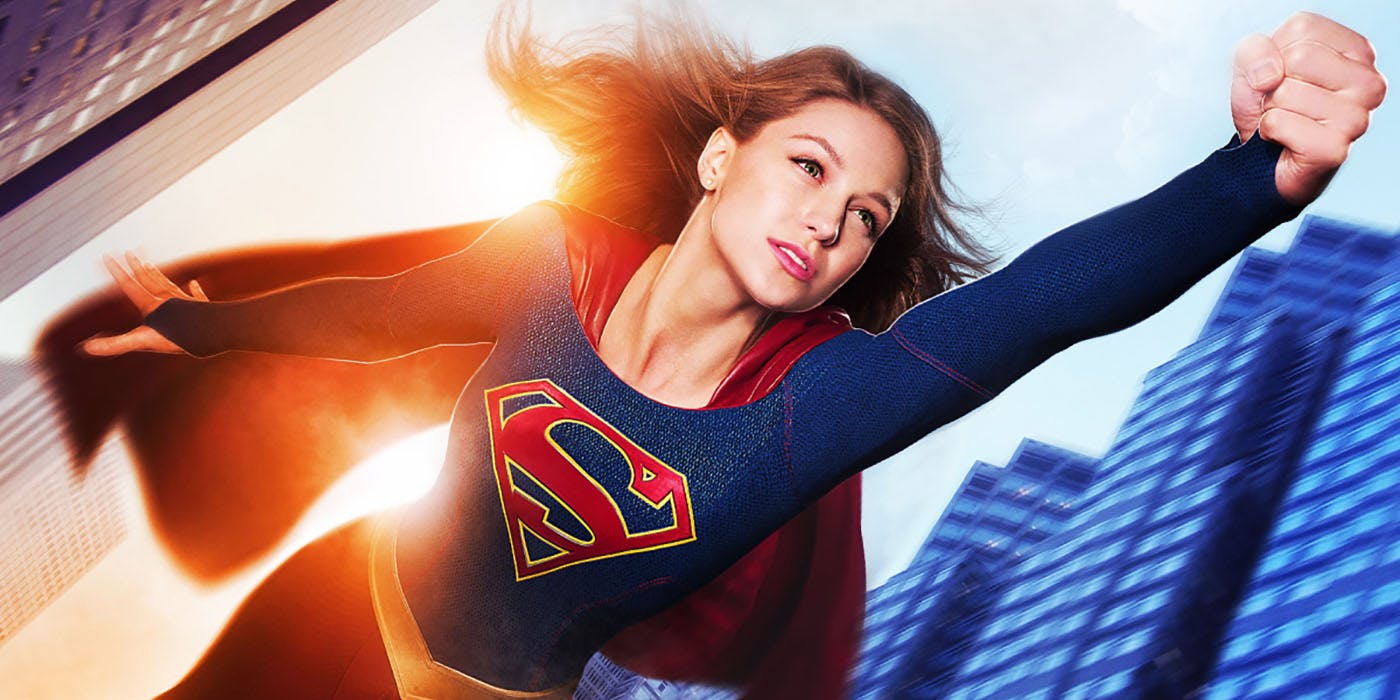
Years later, they would again try with their standalone Catwoman film with Halle Berry. But the less said about that catastrophe, the better. And while Daredevil was cheesy beyond all means, Jennifer Garner gave a strong enough performance to warrant an Elektra spinoff. But most unfortunately, it was quickly forgotten. It seems that these early failures convinced Marvel (as well as DC) that female led superhero films weren’t safe financial investments.
Marvel’s Early Reluctance
The lessons of past seemed to follow Marvel, as once they started their famed cinematic universe, they were incredibly hesitant to release a film with a female superhero, or even a female villain. In the original draft of Iron Man 3, Rebeca Hall’s character was supposed to be a surprise villain, but Marvel feared that it wouldn’t sell enough toys, so instead they went with the completed bastardization of the beloved Mandarin villain from the comics. Because that certainly didn’t anger fans, now did it?
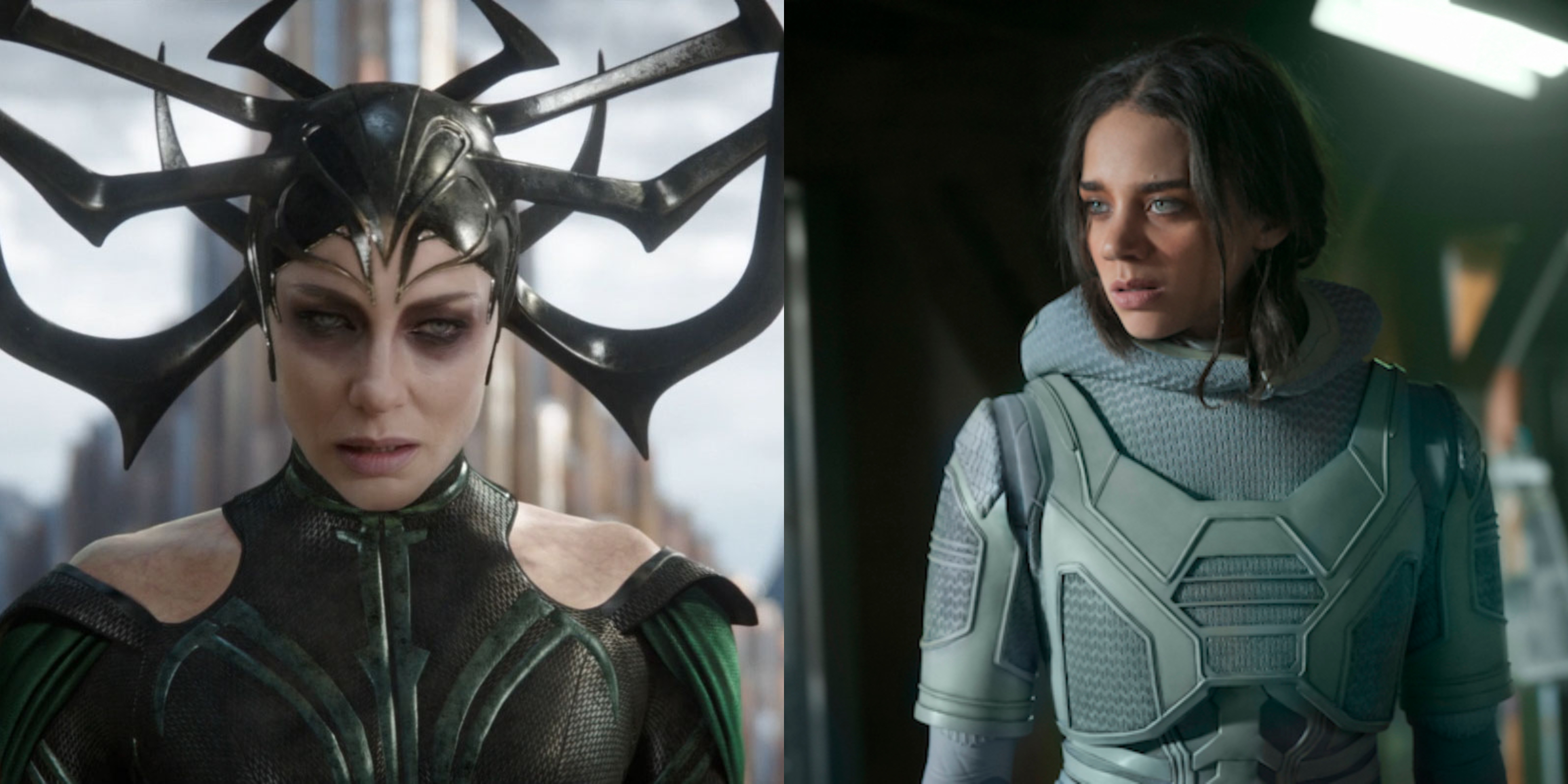
It would be very easy to simply call Marvel (and Kevin Feige) sexist for this type of thinking. And while that’s not entirely untrue, their reasoning was never nefarious. Marvel, like all studios, are businesses and follow the money. As Ben Affleck’s character in Argo once said, “Hollywood would shoot in Stalingrad with Pol Pot directing if it would sell tickets.” From their perspective, it was audiences that were sexist in not wanting female superhero films, so that’s why they simply refused to release any; not that this way of thinking is any better or more moral. Hollywood’s given the very same reasons for white-washing when making casting choices.
Entering a New Era
Their justification of “that’s not what fans want” diminished as fans demanded more female representation. For years, they’ve wanted to see a Black Widow film (which may finally come out in the next few years). And with the announcement of DC’s Wonder Woman, Marvel knew that they didn’t want to be left behind in the industry. It was back in 2014 that they first announced that Captain Marvel would join the MCU, and in 2016 they cast Brie Larson for the role (fresh off of her Best Actress Oscar win for Room). Now the film remains one of the most anticipated of the MCU, as the character is set to play a key role in the franchise going forward, much like Iron Man or Captain America have been in the past.
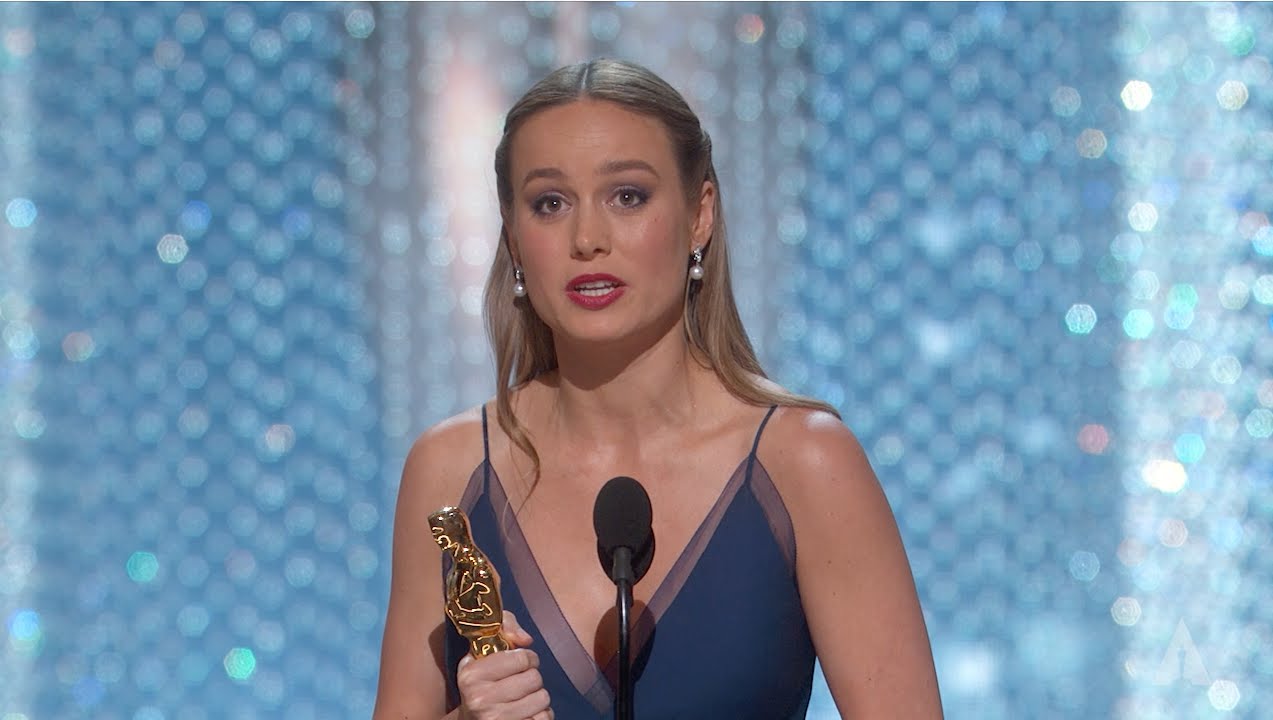
And in keeping true with giving fans what they want, Marvel has also pledged that diversity will be one of their top priorities in Phase 4, but only time will tell if they keep that promise. And while some toxic fans may try to sabotage the film by trolling Rotten Tomatoes, they remain the minority in an ever growing and diverse fan base that want to see all kinds of heroes on the big screen. And Captain Marvel (along with Oscar winner Brie Larson) seeks to be that beacon!
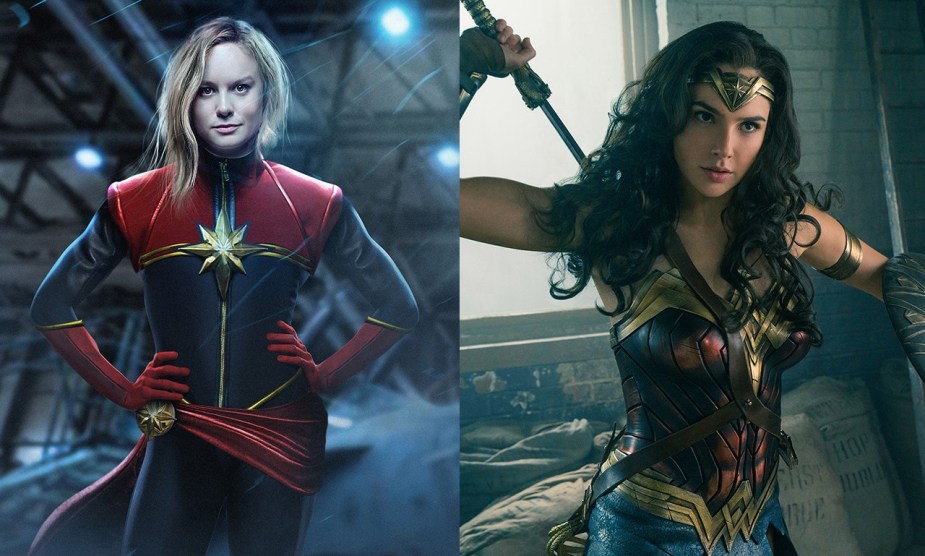
David Pierdomenico is a former History/English Teacher, and a current HR Professional. His dorky passion is an absolute love of film, especially horror and comic book. He is also the author of horror novels Kushtaka and Veritas.
Contact: Facebook / Twitter / Amazon Author Page


